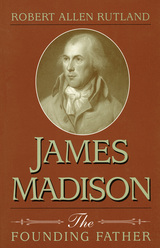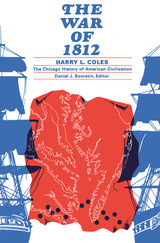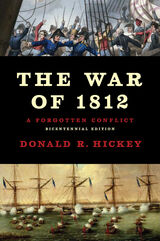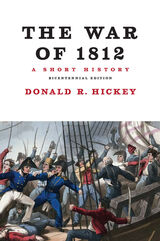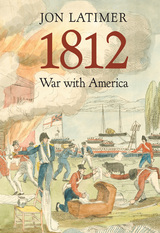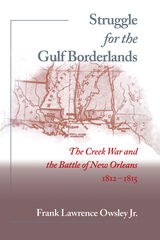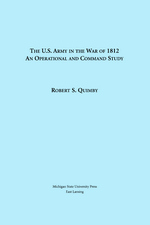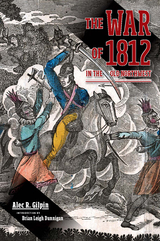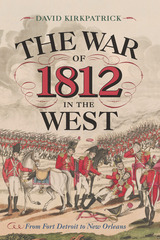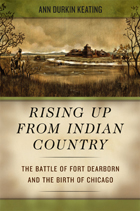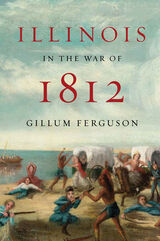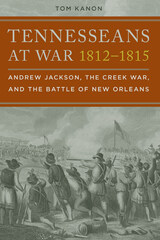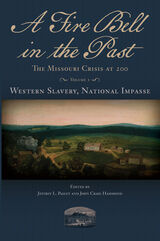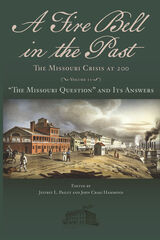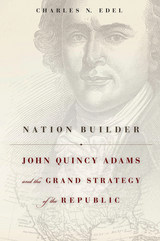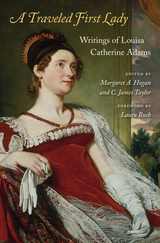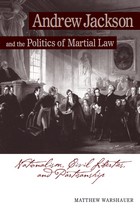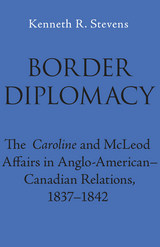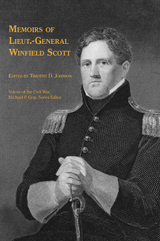The Making of the Monroe Doctrine
Harvard University Press, 1975
Cloth: 978-0-674-54340-9 | Paper: 978-0-674-54341-6
Library of Congress Classification E371.M38
Dewey Decimal Classification 327.73
Cloth: 978-0-674-54340-9 | Paper: 978-0-674-54341-6
Library of Congress Classification E371.M38
Dewey Decimal Classification 327.73
ABOUT THIS BOOK | REVIEWS
ABOUT THIS BOOK
In an extraordinary display of the historical imagination at work, Ernest May has reinterpreted the genesis of the Monroe Doctrine and written an exceptional study of the relationship of policymakers to political structure. The author shows how domestic politics, more especially the upcoming 1824 presidential election, dictated the content and meaning of the Monroe Doctrine. May accomplishes his task by systematically examining the ideological perceptions of American policymakers and the foreign policies of Great Britain, France, and Russia. He concludes that the policymakers had wide freedom of choice. He then makes a searching study of United States internal politics and finds that there were no interest group pressures influencing decision-makers—it was an era of non-issues. Effectively eliminating the usual forces that shape foreign policy, the author develops a subtle and sophisticated case for the controlling power of presidential politics. May builds a case of relentless logic, giving us a historical reconstruction that is as fascinating in its unfolding as it is convincing in its assumptions and conclusions.
See other books on: 1817-1825 | 1824 | Election | May, Ernest R. | Monroe Doctrine
See other titles from Harvard University Press

